By the CLA Blog Editors: Lauren Liang, Xenia Hadjioannou, and Liz Thackeray Nelson The CLA Blog is taking its annual summer hiatus. We look forward to welcoming you back in late August for another fantastic year of ideas and support for sharing children’s literature with your students! We know all of you will be finding time for reading across the summer—but where? Try out the 2024 CLA Summer Reading Bingo Board below, and send us photos to enter the CLA Summer Reading 2024 Raffle. Several winners will receive a selection of books created by our 2024 CLA Breakfast keynote speakers, Lesa Cline-Ransome and James Ransome! To have your name entered in the raffle, select any five bingo squares and document yourself reading in those locations. Reading any kind of book, including audiobooks, counts! Then, send an email to [email protected] by August 31st, 2024 with the subject, "2024 CLA Summer Reading Bingo Challenge" in which you:
Download a digital and printable Bingo Card below:
Submitted by Mary Napoli and Angela M. Wiseman, Co-chairs, Early Career Award Committee In our rapidly evolving professional landscape, we continue to advance our collective body of research through the connections forged through CLA. It is this dynamic cycle of research combined with our networking opportunities that informs new directions and possibilities. With this in mind, we want to celebrate the contributions of our CLA Early Career Award Recipients from 2017 to the present. As you will read, they have continued to impact the field with their innovative and timely scholarship. In this blog post, we share their responses to open-ended questions that highlight their recent contributions to children’s literature and future projects on the horizon. They were also invited to reflect on how readers and educators will leverage their research in actionable and transformative ways. Finally, everyone was asked to share a photo of something that matters to them. 2023 CLA Early Career Award RecipientJOSH COLEMAN
2019 CLA Early Career Award RecipientNOREEN NASEEM RODRIGUEZ
2017 CLA Early Career Award Recipient
ANGIE ZAPATA
Mary Napoli is the former co-chair of the 2023 Early Career Award Committee. She is an associate professor of education and reading at Penn State Harrisburg. Angela Wiseman is a former CLA Board Member and co-chair of the 2023 Early Career Award Committee. She is an associate professor of literacy education at North Carolina State University. By Grace EnriquezHow might you help to advance the field of children’s literature? The Children’s Literature Assembly Research Award can support your projects and inquiries by providing a grant of $1,000 for original research addressing significant questions related to the field of children's literature. No longer is the power of a children’s book relegated to the realms of libraries, classrooms, and home. The field of children’s and young literature has burgeoned over the past few decades, with everyone from celebrities and professional athletes to politicians and corporations weighing in on the creation and use of children’s and young adult books. Additionally, the field has recognized the importance of all children seeing their lives, experiences, languages, and communities reflected and celebrated in books. These shifts have ushered in new considerations and challenges, as much as it has strengthened the field’s capacity to inspire hope, creativity, and human connection. To illustrate how the award can support our work with children’s literature, I gathered reflections from some past CLA Award recipients. Supporting Inquiry Award recipients have used the award grant to investigate these possibilities. Dr. Josh Coleman (2023 CLA Award recipient) is chronicling how ELA teachers are resisting book-banning legislation in their local contexts—namely their classrooms, schools, and communities. Dr. Emmaline Eliis (2022 CLA Award recipient) received the award as a doctoral student studying how print salience impacts classroom discussion. Dr. Christian M. Hines (2022 CLA Award recipient) and Dr. Eun Young Yeum (2021 CLA Award recipient) were also doctoral students when they received their respective awards, with each exploring the use of book clubs and graphic texts in different student and learning contexts. Ten years ago, the award enabled me (2013 CLA Award recipient) to study how teachers negotiated their use of children's literature and social justice teaching amid the multi-state adoption of the Common Core State Standards. Supporting the Knowledge-Building and Information-Sharing With the support of the award, recipients have also extended the findings of their projects to share with broader audiences. Dr. Ellis stated, “The CLA Research Award was a crucial support for the completion of my doctoral dissertation study. As a doctoral student, the award committee's belief in my research was very meaningful to me." Dr. Coleman collaborated with doctoral student Petra Lange to write a forthcoming article intended to support educators teaching in restrictive legislative contexts to resist education policy that removes children’s literature from classrooms and libraries. He is also completing a book proposal that expands upon that article. “My sincere hope is that this work will provide teachers with actionable strategies for challenging book bans and censorship in their local contexts,” Dr. Coleman reflected. Supporting Communities Perhaps most importantly, the award has also provided recipients with opportunities to support the communities with whom they work. “With the funds provided by the award, I was able to purchase high-quality picturebooks for the preschool teachers participating in my study, all of whom worked in economically disadvantaged schools,” explained Dr. Ellis. Likewise, Dr. Hines shared, “I am exceptionally grateful for the CLA Research Award. Funding from this award made it possible for my students to have access to books and resources to enhance their learning experience. This award allowed me the opportunity to co-create a space with students where they could engage in discussion and activities centered on learning with comics and developing their critical literacies." Dr. Caitlin Ryan (2020 CLA Award recipient) reflected, “Receiving the CLA Research Award was so helpful to the ongoing work Drs. Jill Hermann-Wilmarth, Craig Young, Mikkaka Overstreet and I were doing with our Reading the K-8 Rainbow Book Club project. It funded LGBTQ-inclusive books for our participants who had given us so much of their time and effort. We felt supported, they felt supported, and their students got new books! Having these materials, in turn, helped give us more to talk about and learn from during our Book Club sessions.” Dr. Coleman echoed these sentiments as they pertain to his research: “I am so grateful to the CLA for their support, and with it, I will champion intellectual freedom for teachers and students in every classroom and library across the United States.” So, what lines of inquiry and projects might you want to pursue to explore the power of children’s literature in our schools and communities? Up to two grants may be awarded if funding is available, and projects may engage using any research method or approach. For the application and more information, see the Children’s Literature Assembly Award page on the CLA Website. Grace Enriquez is a professor of Language and Literature at Lesley University, past chair of the CLA Research Committee, and a 2013 recipient of the CLA Research Award. Announcing the 2024 Bonnie Campbell Hill National Literacy Leader Award Call for Applications3/18/2024
Mary Ellen Oslick on behalf for the 2024 Bonnie Campbell Hill National Literacy Leader Award Committee We're excited to invite our NCTE member-leaders who are Classroom Teachers or Literacy Coaches or Teacher Educators to apply for the 2024 Bonnie Campbell Hill National Literacy Leader Award, with funding of $2,500, plus a $150 Heinemann grant. In the realm of literacy education, there are champions who go beyond the ordinary, imparting knowledge and igniting a love for learning. The Bonnie Campbell Hill National Literacy Leader Award celebrates excellence in literacy education as it makes a lasting impact on students' lives and the professional development of other educators, while honoring and maintaining the literacy legacy of Dr. Bonnie Campbell Hill. It recognizes two literacy leaders annually and is generously funded by Dr. Hill's family. Why Apply for the Bonnie Campbell Hill National Teacher Award?
Your proposed plan could focus on attending a workshop, class, or conference with colleagues (e.g., NCTE). As part of your work as a literacy leader, you could design classes, workshops, or literacy-focused events. Your team of colleagues might appreciate a professional book study. Be creative as you plan your proposal but please be mindful of the award requirements as you prepare your application. The professional development plan should address key elements that are listed in the rubric, outlining why you would be a strong candidate for these monies and your vision for how this support would allow you to improve and enhance teaching and learning for students and/or teachers. Submission of all application materials is required no later than August 10, 2024. The award application is available at the Bonnie Campbell Hill Literacy Leader Award page on the CLA Website. If you're unsure whether you and your ideas are award-worthy, please see the prior BCH Award recipients and learn about their proposals.
Mary Ellen Oslick is the chair of the Bonnie Campbell Hill National Literacy Award Committee and associate professor at Stetson University. By Fran Wilson, Patrick Andrus and Laura Hudock on behalf of the Notables Committee For 27 years dedicated members of the Children’s Literature Assembly have served on the seven-member committee tasked with selecting 30 Notable Children’s Books in the Language Arts (NCBLA). While enthusiastic summaries of each title on the annual NCBLA list have been a highlight for readers of the Journal of Children’s Literature and Language Arts as well as for session attendees at the annual National Council of Teachers of English conference and Tucson Festival of Books, in coming months the instructional possibilities of selected NCBLA titles will now regularly feature on this blog. To launch this resource alongside the announcement of the 2024 NCBLA list, three current members Fran Wilson, a second-grade teacher in Madeira, Ohio and the 2024 NCBLA Chair, Patrick Andrus, a fourth-grade teacher in Eden Prairie, Minnesota and the 2025 NCBLA Chair, and Laura Hudock, an assistant professor of literacy and children’s literature at Framingham State University wish to pull back the so-called curtain to shed light on the selection process. All titles on the annual NCBLA list are works of fiction, nonfiction, and poetry penned for children in grades K-8 and published in the previous calendar year. These selected children’s books have to exemplify additional criteria, including
The exemplary children’s books named to each NCBLA list are high-quality texts that promote language arts and offer a range of literacy-related instructional possibilities. For example,
As we narrow down 768 prospective titles to a list of 30, the two *asterisked criteria often serve as our guiding light for envisioning instructional possibilities. Though we may anticipate a particular title’s positive reception to an audience of K-8 readers, we need to be certain that our assessments align with the responses of actual children. So, committee members often read aloud to their young children, grandchildren, K-8 students, and under/graduates enrolled in children’s literature and literacy courses. Patrick and Fran will highlight two ways we informally tested the asterisked criteria for titles published in 2023 and considered for the 2024 NCBLA list. Patrick’s Polling Insights During scheduled Zoom meetings each committee member nominates titles read to date as potential final selections based on NCBLA criteria, but we often wonder about how the intended audience of K-8 readers would receive these books. To help prioritize the target audience in committee discussions and voting, I (Patrick) have had the opportunity to share these nominated titles with my fourth-grade class. Throughout the past voting year, I tested out various picturebooks with this real-life "studio audience" to obtain a sampling of up to twenty-five elementary-aged readers’ honest, authentic opinions. I share one picture book each school day as part of my daily teaching routine. My fourth-graders become excited when they know I'm testing a picture book - they’re eager to contribute to the selection process and take this role seriously. My students offer their candid observations, inquiries, and themes related to these books. Many times after I finish one of the book selections, a student will shout out, “Now that is a five-star book!” or predict, “That one is going to be the winner this week.” At the end of the week, I collect their votes for the favorite picturebook of the week. Of note, some titles have been redacted. Of those deemed potential final selections for the NCBLA list by our committee, some fell flat with my students when real aloud while others delivered positive responses. Sometimes, quite surprisingly to our NCBLA committee, a title would receive overwhelmingly enthusiastic engagement compared to other contenders. The diverse preferences among my students, reflected in the voting screenshots I share with the committee via text messages, enrich our conversations and reaffirm our mission to select the thirty best titles each year. Fran’s Student-Initiated Persuasive Essays When I (Fran) shared A Few Beautiful Minutes: Experiencing a Solar Eclipse, a picturebook written by Kate Allen Fox and illustrated by Khoa Le, my second-graders quickly noticed that the endpapers had illustrations featuring the stages of a solar eclipse. They were not only mesmerized by the rich, descriptive text highlighting the observable changes happening over a few beautiful moments but also appreciated the colorful illustrations depicting people gathering to make once in a lifetime memories. Upon learning that a total solar eclipse would be visible in many parts of North America this year, they wanted to know if their city was in the path of totality. After some research, guess what they discovered? They live on the southern limit! After realizing the disappointment that April 8th was a school day, many students decided to voice their opinion–not just to me, but to my school district’s superintendent. Using information in the back matter and additional research, they wrote persuasive essays on why they should be released from school to experience the eclipse with their families. Here is a an example of a second grader’s two-page persuasive essay: [Insert Blog_Pic 4] Lo and behold, my superintendent called an early release on April 8th! My students have realized the power of voicing their opinion. Now, I can’t wait for them to learn the titles on the 2024 NCBLA Award list. These children will truly know that their opinions matter! Drumroll please…
As members of the 2024 NCBLA committee, we are privileged to serve alongside exemplary K-16+ educators. It
is our hope that with these shared insights into the selection process
and future blog posts about the instructional possibilities, you will be
inspired. Now, we present the 2024 list of Notable Children’s Books in Language Arts.
Fran Wilson is a second-grade teacher in Madeira, Ohio and the 2024 NCBLA Chai.
Patrick Andrus is a fourth-grade teacher in Eden Prairie, Minnesota and the 2025 NCBLA Chair. Laura Hudock is an assistant professor of literacy and children’s literature at Framingham State University. 2024 Notable Children’s Books in the Language Arts Selection Committee Members
By Oksana Lushchevska Oksana, we deeply apologize but we cannot let children out from the bomb shelter for the reading time. Today we have air raids one after another. “Oksana, we deeply apologize but we cannot let children out from the bomb shelter for the reading time. Today we have air raids one after another, ” messages the teacher to me the minute I sit down by the computer with children’s books in my hands still deciding which book might be better to read aloud to 2nd graders. I am ready to meet with kids via zoom, our read aloud is about to start. “We are sorry but it looks like we can’t even reschedule this reading,” adds the teacher after 15 minutes. “We are afraid tomorrow will be similar…” To get messages like this is not a rare thing these days for me as an author and scholar of children’s literature. Classes are delayed, meetings are rescheduled, events are cancelled a number of times. Since Russia’s invasion of Ukraine two years ago, Ukrainian educators and their students are trying to re-learn how to make possible a solid education for Ukrainian children in the time of war. This is also right after COVID, which already had significant impact on education quality in Ukraine. Despite difficulties and instabilities, children’s literature enthusiasts managed to organize about 40-45 read alouds for me during which I read to Ukrainian children my own books and books of other Ukrainian authors. This taught me many lessons on how to read with children who live in extraordinary difficult circumstances. Moreover, this experience showed me what book preferences children have while going through extremely dark times (quite literally). Lessons Learned In this short article I would like to share key takeaways from my experience reading books to Ukrainian children through these turbulent and unstable two years. First, it is important to note that my preparation for read alouds always took a lot of time, because from the first read alouds I came to understand that children’s reading preferences highly depended upon: Geographical area If children were in the most active Ukrainian war zones, they wanted to talk a lot about war and they preferred to read a book reflected their shared experience. Reading age Younger children preferred funny and easy books, but older children preferred books about strength, bravery, truth and togetherness. Additionally they always wanted to know what children from the USA think about the war in Ukraine and if they support Ukraine Preparation ahead of time Children who had read my books and knew that I was their author, desired to have discussions about the texts themselves. Those who did not read my books previously, wanted to read something of my choice I learned how to manage these three major issues by having with me a few different kinds of books as options: funny books about dogs/cats, hybrid fictional/informational biography books about famous Ukrainians, and some realistic fiction books about war experience. Recommendations for Practice in the US What about us, educators and enthusiasts of children’s literature, here in the USA? How is everything mentioned above relevant to our reading choices? I believe we can borrow three major points from my experience reading books aloud to children in Ukraine.
In their article for Time Magazine, Tom Rivett-Carnac and Oliver Jeffers state, “We exist in a place where all the problems of the universe are present” and note that, nowadays, we should not to think of ourselves just as individuals – but rather we need to teach our children to have a mindset that we are all interconnected. Similar to Jella Lepman (1891-1970), a German journalist, author, and translator who founded the International Youth Library in Munich right after WWII, I believe that children’s books are couriers of peace and support. Thus, “if children read books from other countries, they would realize that they share common human values and strive to preserve them.” Inspired by this, I have a proposal to all the children’s literature enthusiasts who are planning to talk about the two years of Russian’s invasion to Ukraine, which for sure will be widely discussed on the news and mass media this February: You can bring a fabulous supportive experience for the young readers in your classrooms and reading circles by sharing books!
Lepman, J. (2002). A bridge of children’s books: the inspiring autobiography of a remarkable woman. Dublin, Ireland: The O’Brien Press, Ltd. Rivett-Carnac, T., & Jeffers, O. (2023). Choose your stories well. Time, 2023(1–2). Romanyshyn, R., Lesiv A. (2022). How War Changed Rondo. New York: Enchanted Lion Books. Oksana Lushchevska, Ph.D. is an independent children's literature scholar and a Ukrainian children's book author and translator. She is a publishing industry and government consultant in Ukraine and founder of Story+I Writing Group. She was a recipient of the 2015 CLA Research Award. Website: http://www.lushchevska.com By Adam Crawley and Elizabeth Bemiss on behalf of the CLA Diversity, Equity, and Inclusivity CommitteeWe are living and navigating in troubling times. Across the country, educators (e.g., K-12 teachers, librarians, teacher educators, etc.) experience censorship of and challenges to texts that center historically marginalized races, ethnicities, sexual orientations, gender identities and expressions, and other ways of being. In several states (e.g., Florida, Georgia, Utah), legislation explicitly restricts such representations and discussions in K-12+ schools. Simultaneously, cities across the country are supporting newcomers bussed from the U.S.-Mexico border, and schools and libraries specifically are trying to aid these families with daily needs (e.g., food, shelter) and other aspects (e.g., school transitions, providing books in Spanish). Meanwhile, unrest in Africa, the Middle East, and Ukraine continue to weigh heavily on many of our minds and hearts; mass shootings in schools and other public settings remain prevalent; and the upcoming 2024 U.S. Presidential election causes increased tension across politically opposed ideologies. In the midst of all of this, we want to retain hope. We also know that reading and discussing children’s literature with youth can be vital for promoting social justice. To support educators’ on-going work - and in the spirit of Valentine’s Day week - we asked 2023 and 2024 CLA Diversity, Equity, and Inclusivity (DEI) Committee members to share about books they “love” for their representation and ability to foster DEI work. While we recognize that no single book can address all of the world’s current complexities, we hope the recommendations in this list are helpful resources and provide a sense of solidarity for your own contexts.
Jo Jo Makoons Series by Dawn Quigley, illustrations by Tara Audibert (Heartdrum) Native Americans have a great love of laughter. In this series, author Dawn Quigley (Turtle Mountain Band of Ojibwe) introduces a spunky seven-year-old named Jo Jo Makoons who lives on an Ojibwe reservation. Jo Jo’s worldview is truly one-of-a-kind as she learns to be friendly, fancy, and imaginative. I love Jo Jo’s hilarious adventures, which are similar to a younger Amelia Bedelia experience. Readers will meet Jo Jo’s Ojibwe family and community (and her pet cat Mimi) as she moves through contemporary, everyday events. Illustrator Tara Audibert (Wolastoqiyik First Nation heritage) adds her comical, cartoon-style artwork to each story in the series. First and second-grade readers will make connections with Jo Jo’s realistic experiences, her feelings in those situations, and learn how she solves her problems. These books are upbeat and humorous, making them a very enjoyable read. (contributor: Andrea M. Page Hunkpapa Lakota)
These poignant and powerful texts that are well loved by CLA DEI committee members illuminate many issues surrounding diversity, equity, and inclusion. These texts speak to issues of race, gender, heritage, and sexual orientation, to name a few, and could be used in the classroom to evaluate the impact of stereotypes or assumptions, to face and dismantle racism, to highlight the value of kindness, or to provide a realistic portrayal of diversity for readers to see themselves and their lived experiences represented in texts. As delineated in the CLA Bylaws, the DEI committee encompasses a steadfast commitment to diversity, equity, and inclusivity within CLA: "The Diversity, Equity, and Inclusivity Committee Chair and members shall help ensure CLA’s commitment to issues of diversity, equity, and inclusivity. The committee shall help create and/or review CLA policies and position statements shared with CLA members and/or the greater public. The committee shall work with membership and nominating committees for recruitment as well as help distribute calls for CLA-related applications. Committee members shall also serve as resources for CLA Standing Committee Chairs when they are developing materials and programs." For more information about the DEI committee, please contact committee chairs Adam Crawley ([email protected]) or Elizabeth Bemiss ([email protected]). Adam Crawley is an Assistant Teaching Professor in the School of Education at the University of Colorado-Boulder. He serves as the 2023 and 2024 CLA DEI Committee chair. Elizabeth Bemiss is an Associate Professor in the School of Education at the University of West Florida. She is a CLA Board Member and chair of the 2023 and 2024 CLA DEI Committee. By Jennifer Slagus and Callie Hammond There is something endlessly energizing about reading new things—whether it’s an anxiously-awaited release, a long-term tenant on your TBR-list, or the research of an emerging scholar (maybe we’re a little biased on that last one). Members of the CLA Student Committee are privileged to do just that: to read exciting books and write about all the exciting ways they can be used in classrooms to improve the lives and learning of our students. Much of our work as early career researchers highlights critical pieces of children’s literature that attend to the social, cultural, and political contexts of our real and literary worlds. We want to share a few recently published, award-winning books relevant to our doctoral research that highlight young peoples’ bravery and acts of resistance. All three are critical, impactful reads worth embedding in each of our classrooms in 2024. Jennifer Slagus I’m a huge fan of books by authors who share a lived reality with their characters. As a neurodivergent researcher, I strive to highlight middle grade novels that help to restory the perceptions of who neurodivergent people are (and who they’re allowed to be). There have been many fabulous authors in the past five years or so who have contributed books that do just that. But one author sticks out to me as an exceptional advocate for neurodivergent acceptance: Sally J. Pla. She’s an autistic middle grade author and the founder of A Novel Mind, a website that centers mental health and neurodiversity representation in children’s fiction. ANM has been a gold mine for my research. Not only does it feature a vibrant blog and a ton of educator resources, but it also has a database of over 1,150 children’s books featuring mental health and neurodiversity representation.
Callie Hammond As a middle school teacher for ten years, I often utilized picturebooks to engage my students and to teach discrete skills, usually about grammar, and to illustrate writing techniques. These lessons had varying success—sometimes the 7th graders would be open to reading a picturebook, other times they rolled their eyes and refused to participate. The most successful picturebooks that I ever brought into my classroom though had nothing to do with grammar or writing, they had to do with Anne Frank. I taught her diary to 6th graders who, unless they were readers themselves and had already discovered World War II fiction, had no knowledge of the Holocaust or how Jews were treated in the years preceding the war. My Anne Frank picturebook collection featured many books about Anne (there are a lot of them out there), but also books that explained significant parts of the war: the night of broken glass, Jewish resistance, children in concentration camps, children who also hid during the war, and many others. Now, as a doctoral student in English education, I have come full circle to analyze the stories of Jewish female protagonists in YA novels about World War II, and representations of the Holocaust in picturebooks. Two of these picturebooks were published in 2023 and feature stories and information that our students need and can learn from. Both books were also just named Notable Books for a Global Society Award for 2024. As is fitting for a book about a traumatic historical event, both are nonfiction and have extensive back matter to explain the stories. Utilizing both of these picturebooks in the classroom with older students can prep them for the heavier history or readings a teacher might soon introduce. They also provide picture evidence of hardships and bravery without being too macabre. Jennifer Slagus is a doctoral candidate at Brock University in Ontario, Canada and Coordinator of Research & Instruction at the University of South Florida Libraries. Jennifer’s doctoral research focuses on representations of neurodivergence in twenty-first century middle grade fiction. Callie Hammond is a doctoral student at North Carolina State University in Raleigh, North Carolina. Callie’s doctoral research focuses on accessing historical knowledge when teaching literature that involves the Holocaust and using critical content analysis to analyze and understand representations of the Holocaust in children’s picturebooks. CLA Student Committee Members
By The Biography Clearinghouse As we come to the end of another calendar year, we reflect upon how much the world can change in just a few short months. Political turmoil, violence, and war threaten the lives of millions. Climate scientists tell us that 2023 was the hottest year on record. Devastating fires and floods ravaged cities, towns, and forests alike. These catastrophes may feel unique to our life experience, so it helps to remember that people before us have faced hardships too. Again, we turn to biographies to learn from the people among us and those who came before us. What lessons in leadership can we find? How do artists, faith leaders, scientists, activists, educators, and others work towards goals? Handle setbacks? Cope with prejudice? Persevere while facing devastation? Work collaboratively to create change? In this year-end blog entry, we share a few picture book biographies from 2022 and 2023 that were inspiring to us, as well as preview a 2024 biography. With best wishes for peace in the New Year, The Biography Clearinghouse Team
Winter Hiatus Announcement
By Callie Hammond, Jennifer Slagus, and Liz Thackeray NelsonThe NCTE Annual Convention is always an excellent time to learn from and connect with other scholars and teachers. From the vast number of session, workshop, and keynote offerings, there is truly something for everyone. In this post, we highlight several reflections on the conference from current doctoral students and an early-career professor. Callie HammondAlthough I have been an English educator for nine years, the 2023 NCTE conference in Columbus was my first time attending. I can honestly say that it exceeded all of my wildest expectations! I am grateful to the Children’s Literature Assembly for their support through the Vivian Yenika-Agbaw Student Conference Grant which allowed me to attend.
Walking into the exhibition hall where the various vendors and publishers were set up was like English teacher heaven, and although I picked up many books, perhaps the best part was just walking through the hall and being part of the excitement. Even better than the exhibition hall, though, were the various sessions that I was able to attend. I attended sessions ranging from creating new programs for preservice English teachers, to utilizing YA and picturebooks as supplements and complements to the traditional canon, to a panel discussion on advocating for Jewish literature, and even had the opportunity to meet Jacqueline Woodson after her keynote address. I was also able to present some of my own research in a round table with my colleague, Amber Moore, about utilizing classroom texts as a way to bear witness to tragedy. The week ended on a fabulous note with the CLA’s annual breakfast where Traci Sorell, whose book Indian No More was my true introduction to Native American literature, inspired everyone with her recent work, Mascot, about a group of students who stand up against a racist mascot. I was left inspired by NCTE and CLA and am looking forward to attending again! Jennifer SlagusAs an NCTE first-timer, there are so many interesting and inspiriting artifacts I have brought back—infused in my thoughts and praxis—which have already impacted my doctoral research and librarianship. CLA made that possible; as I was a recipient of a Vivian Yenika-Agbaw Student Conference Grant which enabled my attendance and offered access to those invaluable insights and new connections. Among all the positives, two takeaways impacted me most:
First, I met and learned from three scholars—Dr. Ebony Elizabeth Thomas, Dr. Amy Stornaiuolo, and Dr. Josh Coleman (recipient of the 2023 CLA Research Award and CLA Early Career Award)—whose work has shaped my dissertation on restorying neurodivergence in middle grade fiction. In their panel we discussed creating a restorying network and research community which I greatly look forward to! Second, NCTE reinspired me to conduct a research project I have thought about for over two years. I was thrilled to attend multiple panels centering neurodivergent and disabled authors and educators. Throughout I heard mentions of editorial feedback claiming neurodivergent characters are “unlikable,” among other stereotyped critiques. That is exactly what others mentioned on my scholarly podcast In the MIDst: A Kid’s Lit Podcast. Since leaving Columbus, I have begun developing a survey/interview study to document the voices of neurodivergent authors as they move through publishing in the post-#OwnVoices landscape. Since no other scholar is researching this, I know I need to; and I thank CLA and NCTE for the encouragement. Liz Thackeray NelsonThis year marks my 11th NCTE Annual Convention, but only my second conference in my role as an assistant professor, and my first conference bringing undergraduate students to present. As I reflect on my experiences at previous conferences, I can see how this form of connected learning has shaped my pedagogy and influenced my academic trajectory. In my early years of attending the conference, I brought back ideas for integrating multimodal literacies into my classroom, using diverse children’s and young adult literature to motivate students’ reading, and innovative ways for teaching writing. As I both attended and presented at the conference, I grew as a teacher and a scholar, making a doctoral program a natural next step. Attending the conference during grad school, shifted my focus to more research-based sessions related to children’s and young adult literature and writing, helping me to see how my own questions and ideas fit into the larger academic conversations in the field. During grad school, I was also introduced to a network of mentors and colleagues in CLA, which has also given me opportunities to participate in a larger community that advocates for children’s literature.
In my current role as a teacher educator, my focus has slightly shifted once again. While I am still interested in sessions describing effective pedagogy in K-12 classrooms, I am also interested in sessions focused on preparing preservice teachers. During the conference this year, I attended sessions that explored how teacher educators are using young adult literature with preservice teachers to foster conversations about race and anti-racist teaching and sessions that discussed how teacher educators are designing methods courses and implementing assignments to push preservice teachers to develop critical literacy and reflective teaching practices. While the sessions I attended were enlightening, connecting with colleagues was rejuvenating, and getting several books signed in the exhibit hall was exhilarating, perhaps the most rewarding part of the conference was watching my undergraduate students present and discussing their learning from the conference. Two students reflected on the power they felt when they attended a session on centering indigenous voices that included a healing tiles activity; another student relished the opportunity to meet Katherine Applegate, one of her favorite childhood authors; and all five informed me that they have already looked up potential Airbnbs in Boston for next year’s convention. I hope their induction to the NCTE community is as rewarding as mine was and continues to be. Callie Hammond is a doctoral student at North Carolina State University and a recipient of the Vivian Yenika-Agbaw Student Conference Grant. Jennifer Slagus (they/she) is a doctoral candidate at Brock University in Ontario, Canada and Coordinator of Research & Instruction at the University of South Florida Libraries. They are the Chair of the CLA Student Committee and a recipient of the Vivian Yenika-Agbaw Student Conference Grant. Liz Thackeray Nelson is an assistant professor of English Education at Utah Valley University and the chair of the CLA Membership Committee. |
Authors:
|
|||||||||||||||||||||||||||||||||||||||||||||||||||||||||||
CLA
About CLA
|
Journal of Children's Literature
Write for JCL
|
ResourcesCLA-sponsored NCTE Position Statements
|
Members-Only Content
CLA Video Library
|
© COPYRIGHT 2018.
ALL RIGHTS RESERVED |



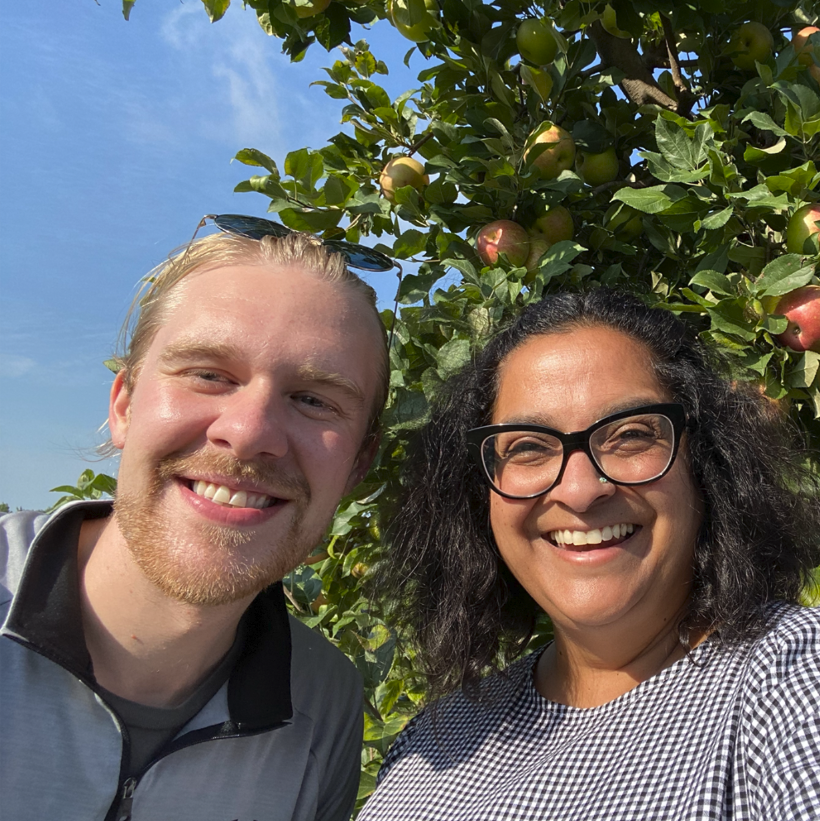
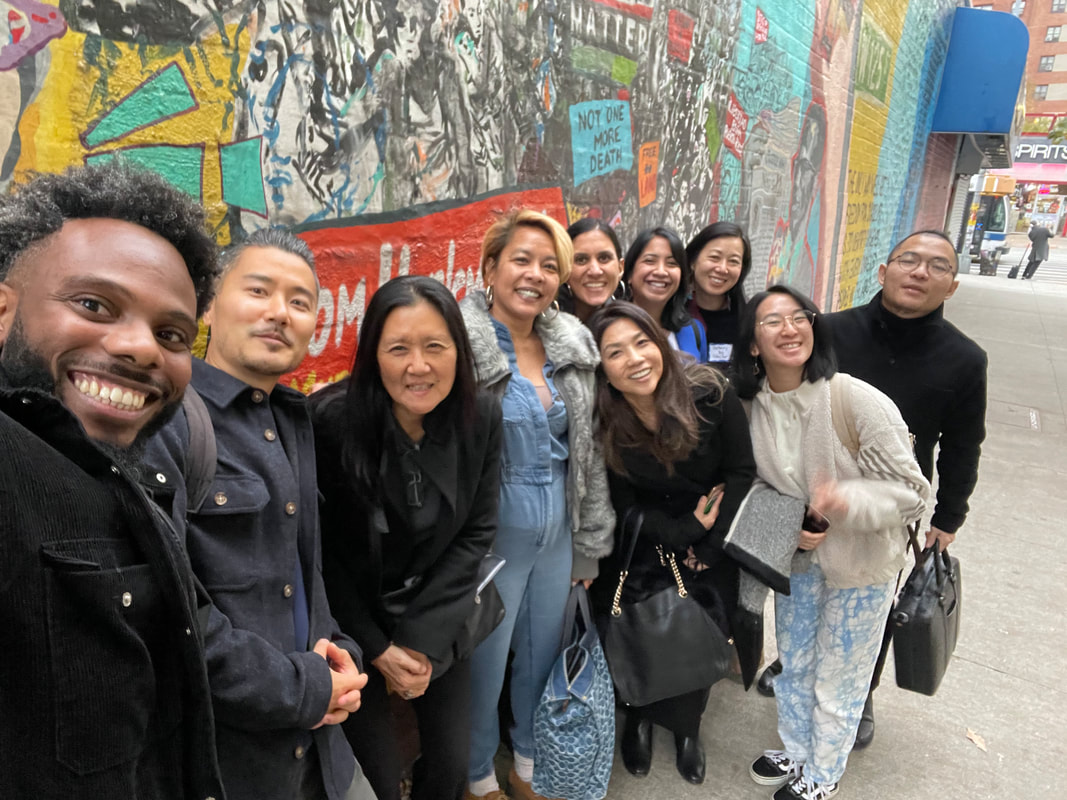
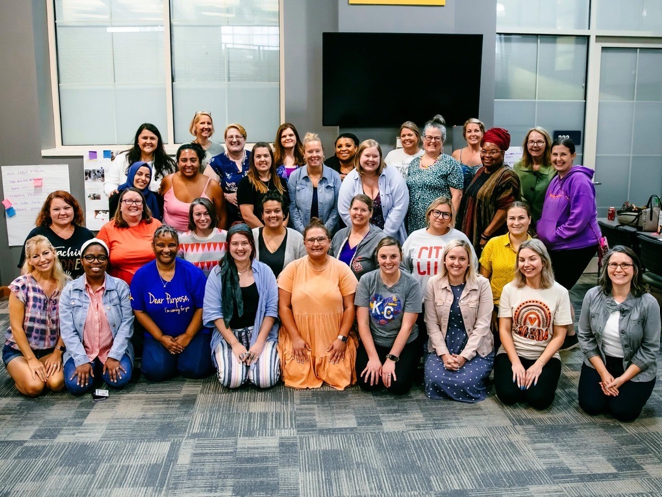
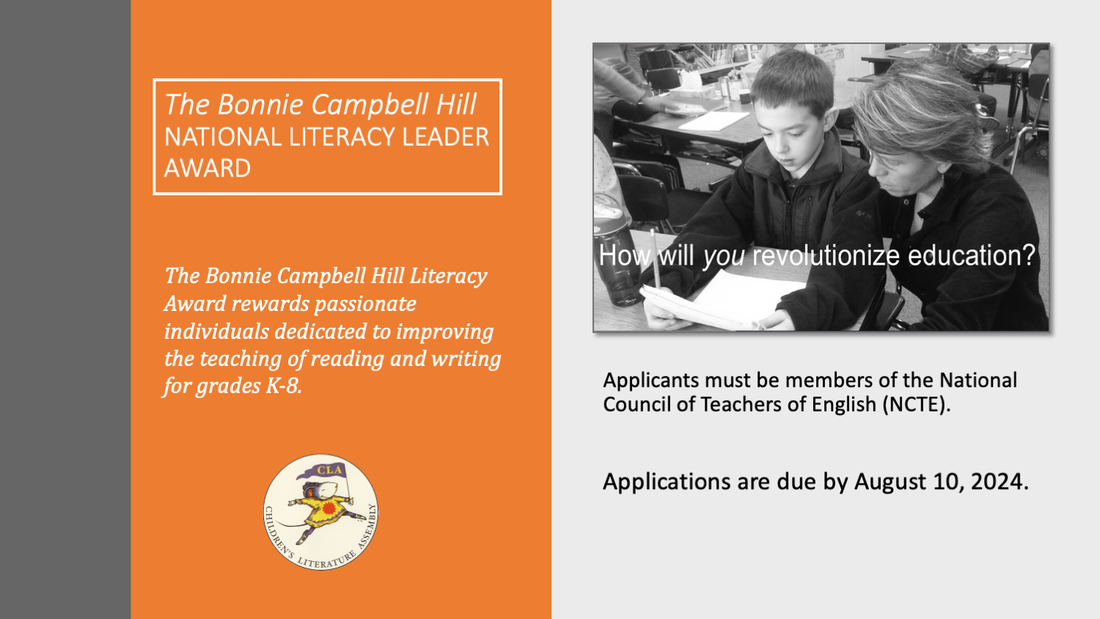
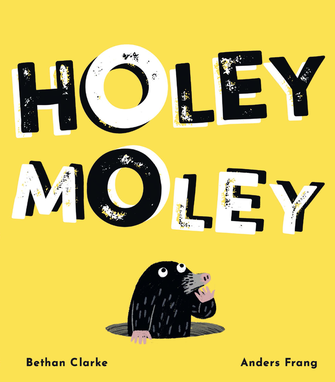
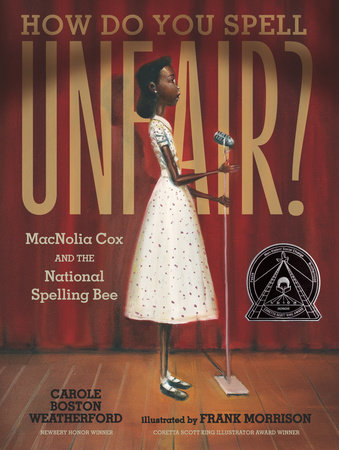
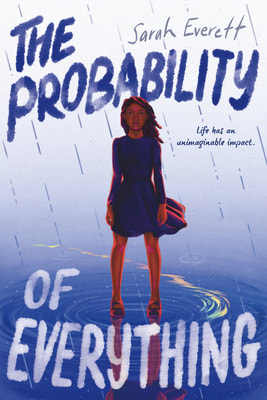
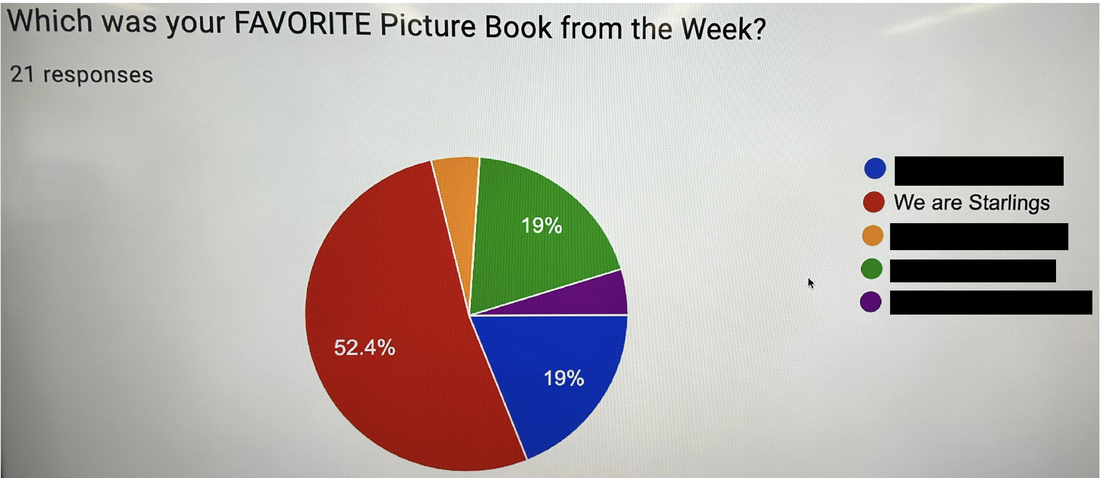
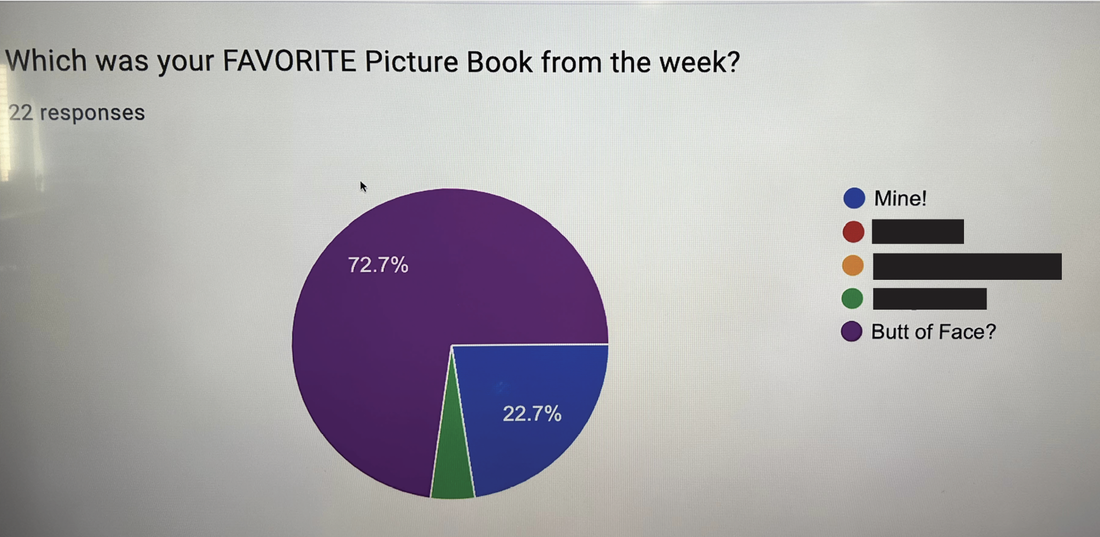
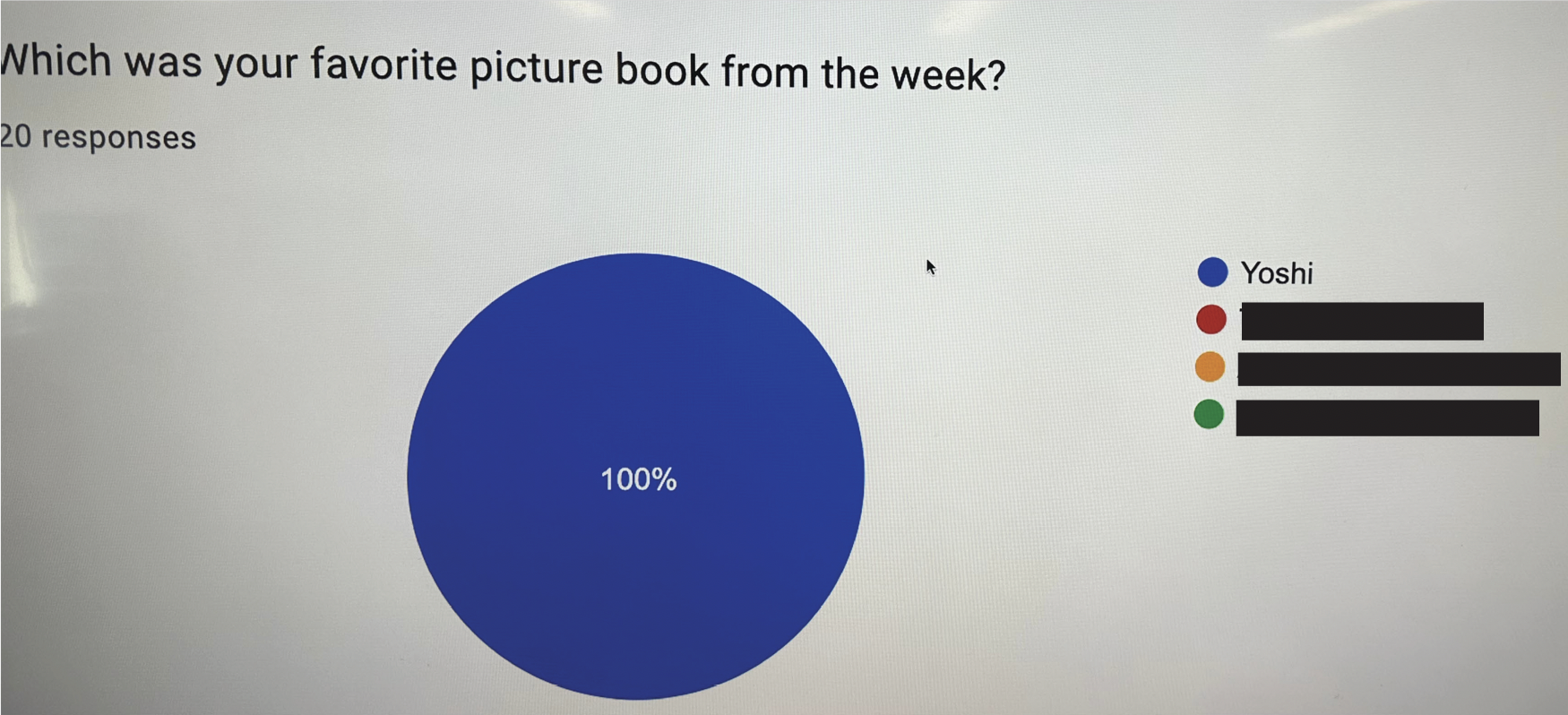
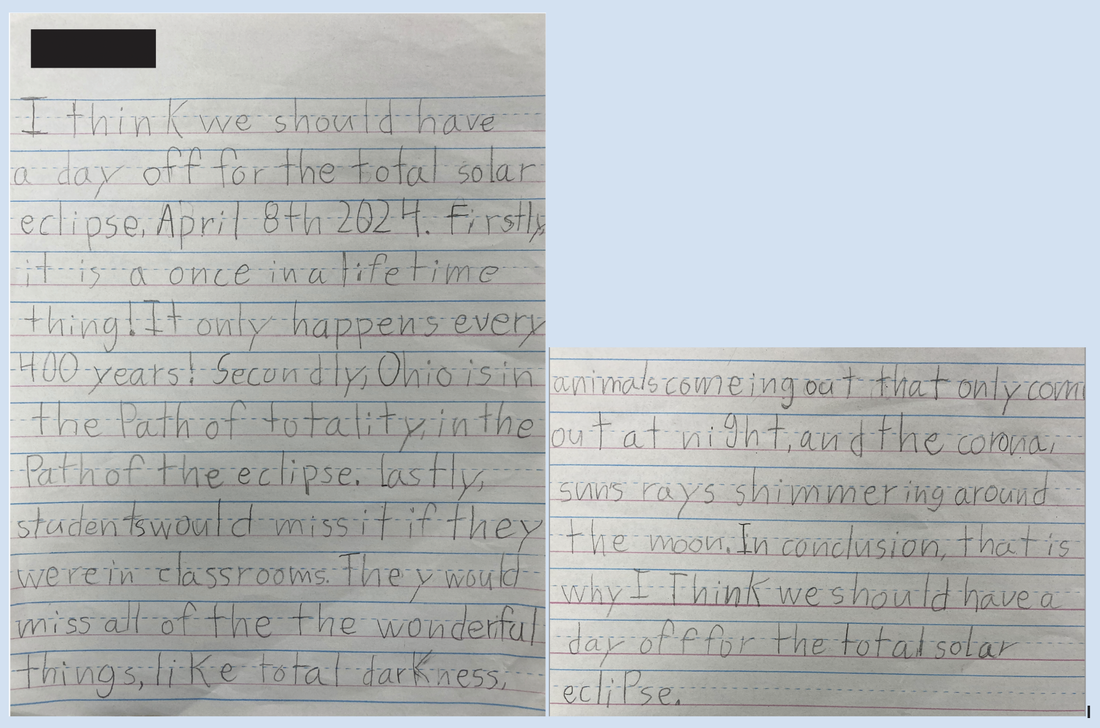
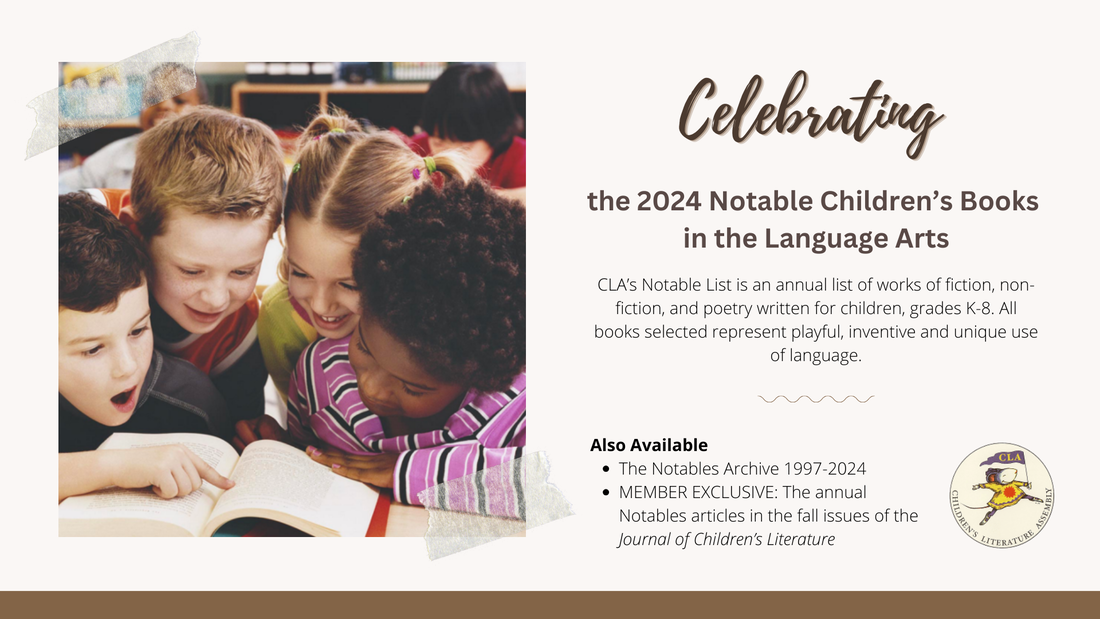
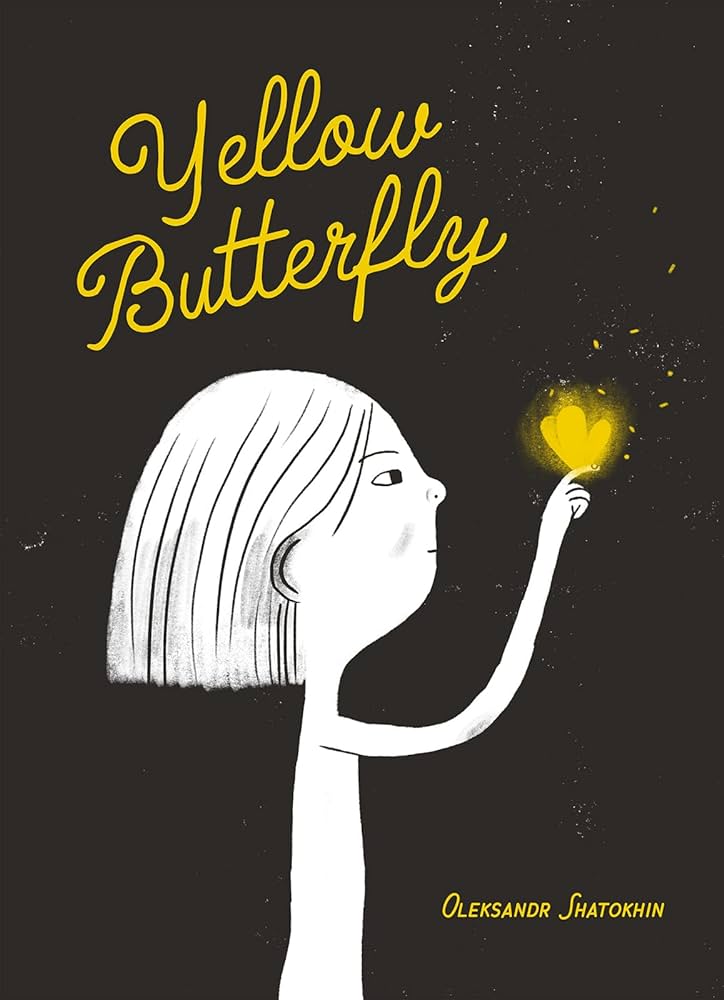
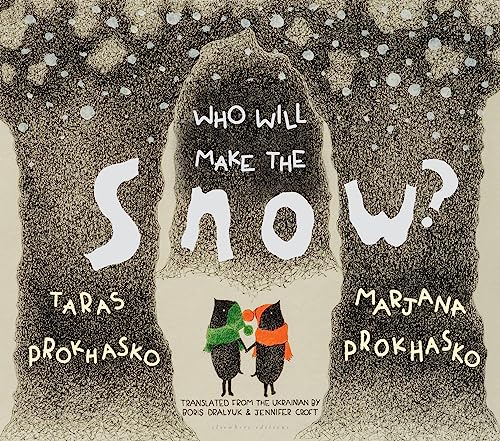
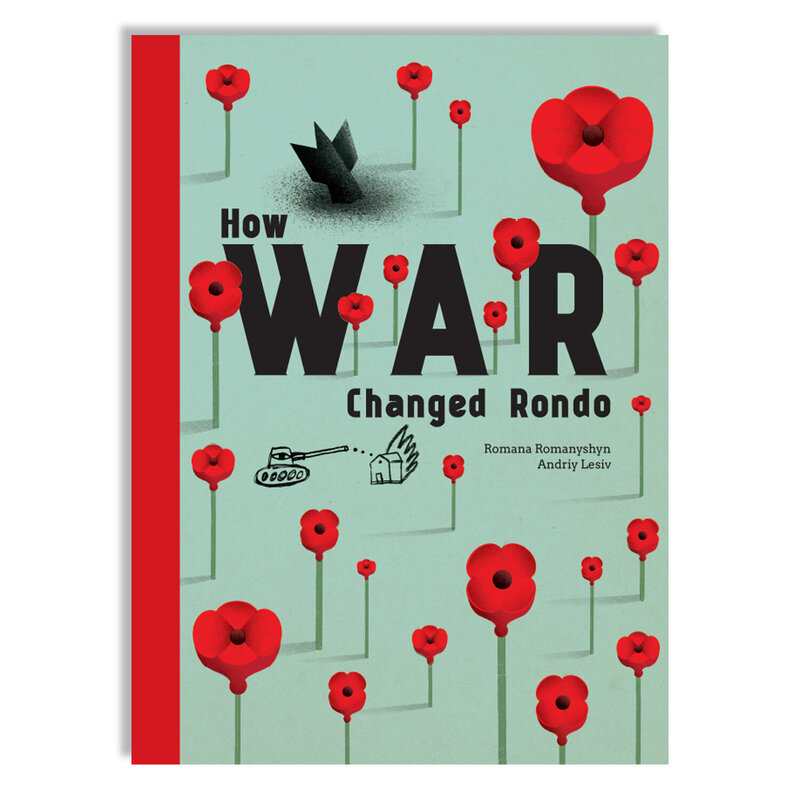
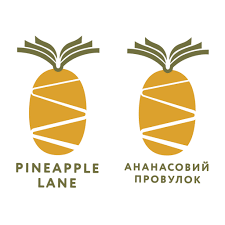
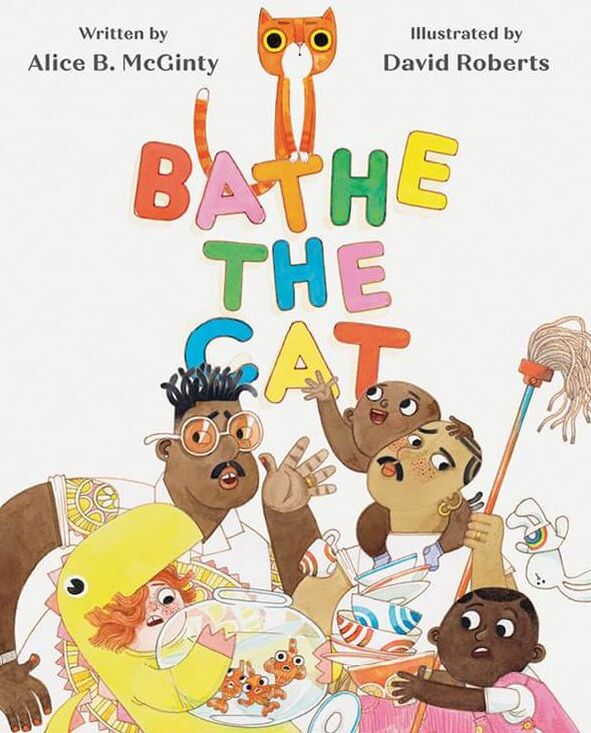
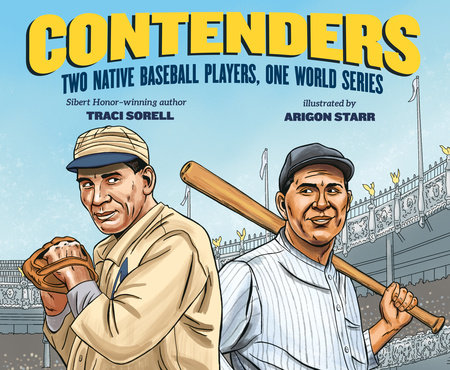
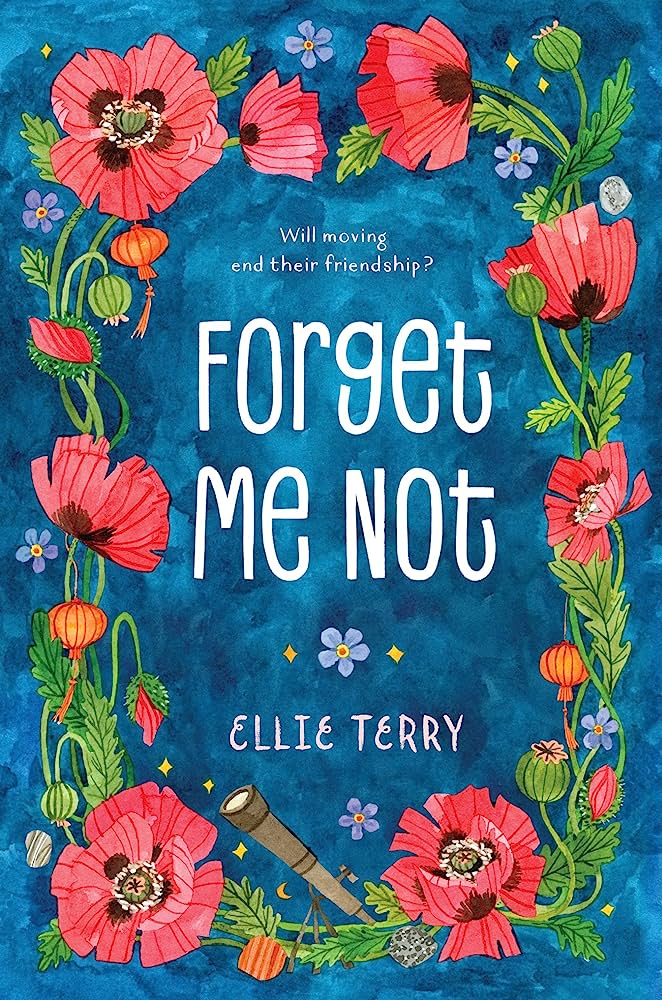
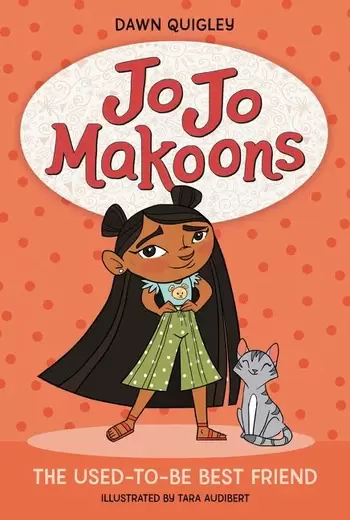
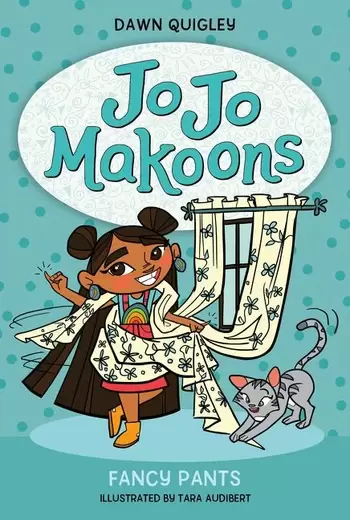
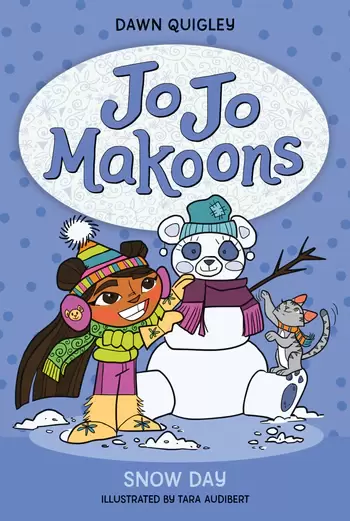
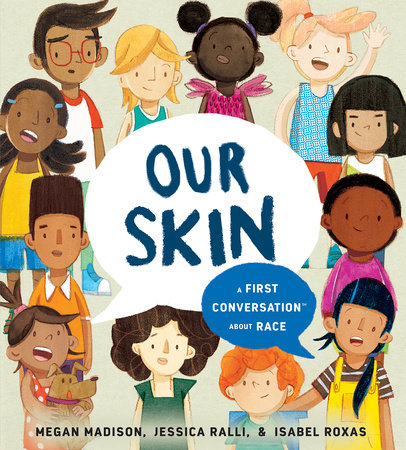
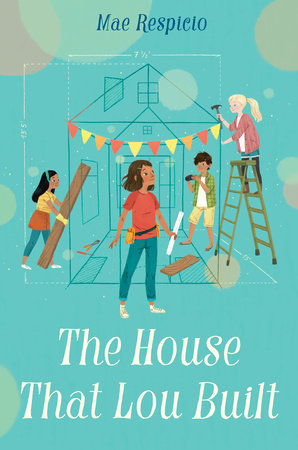
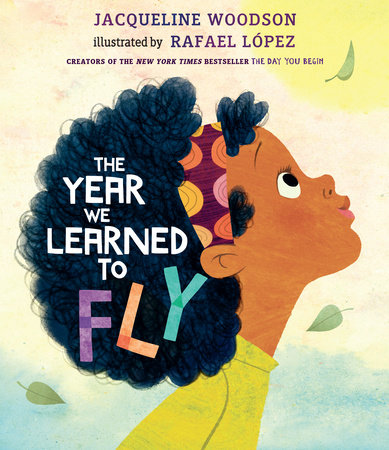
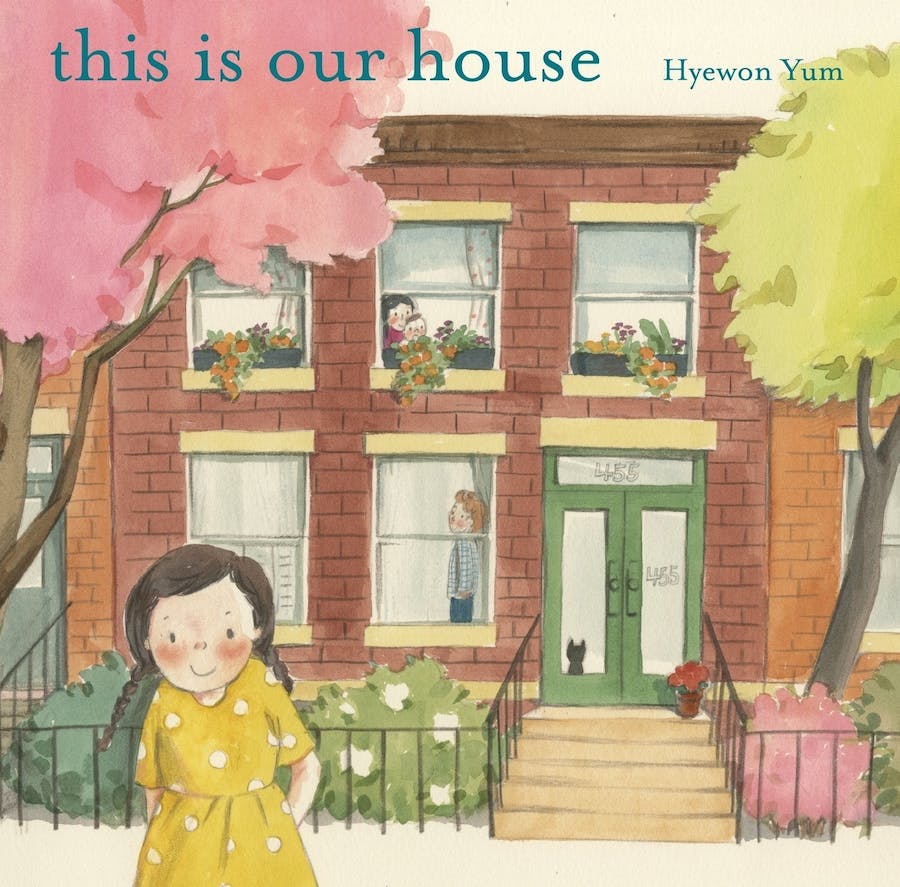
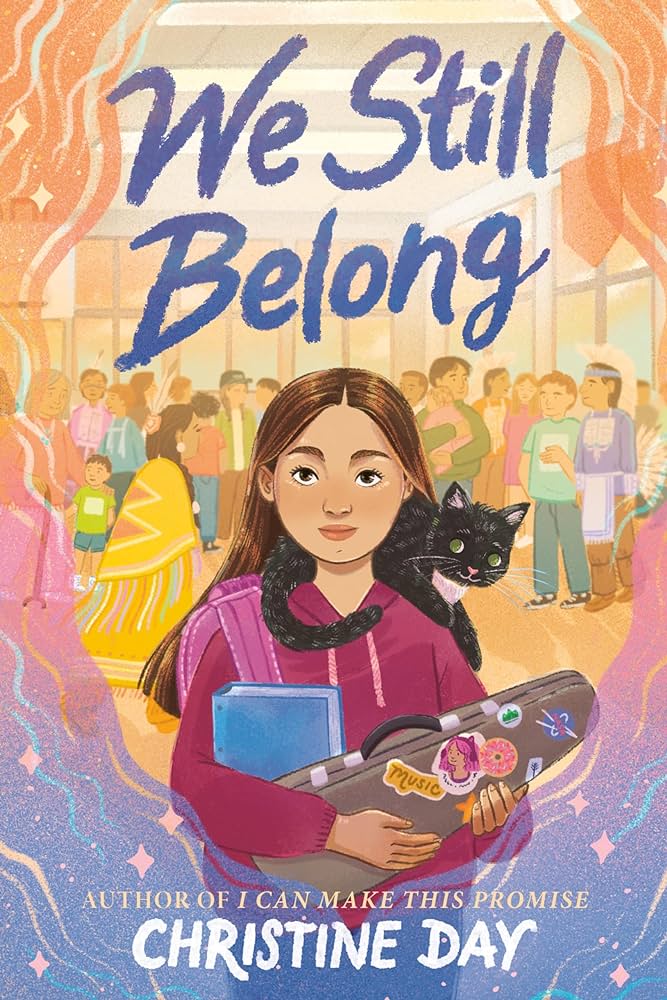
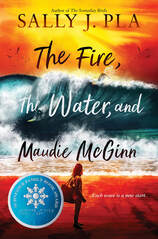
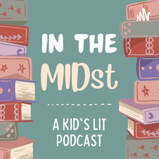
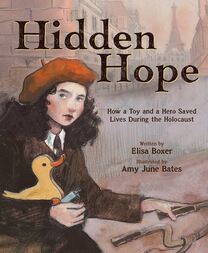
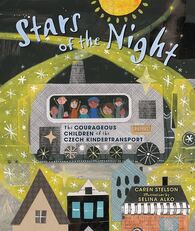
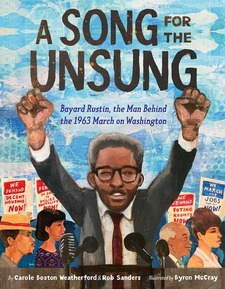
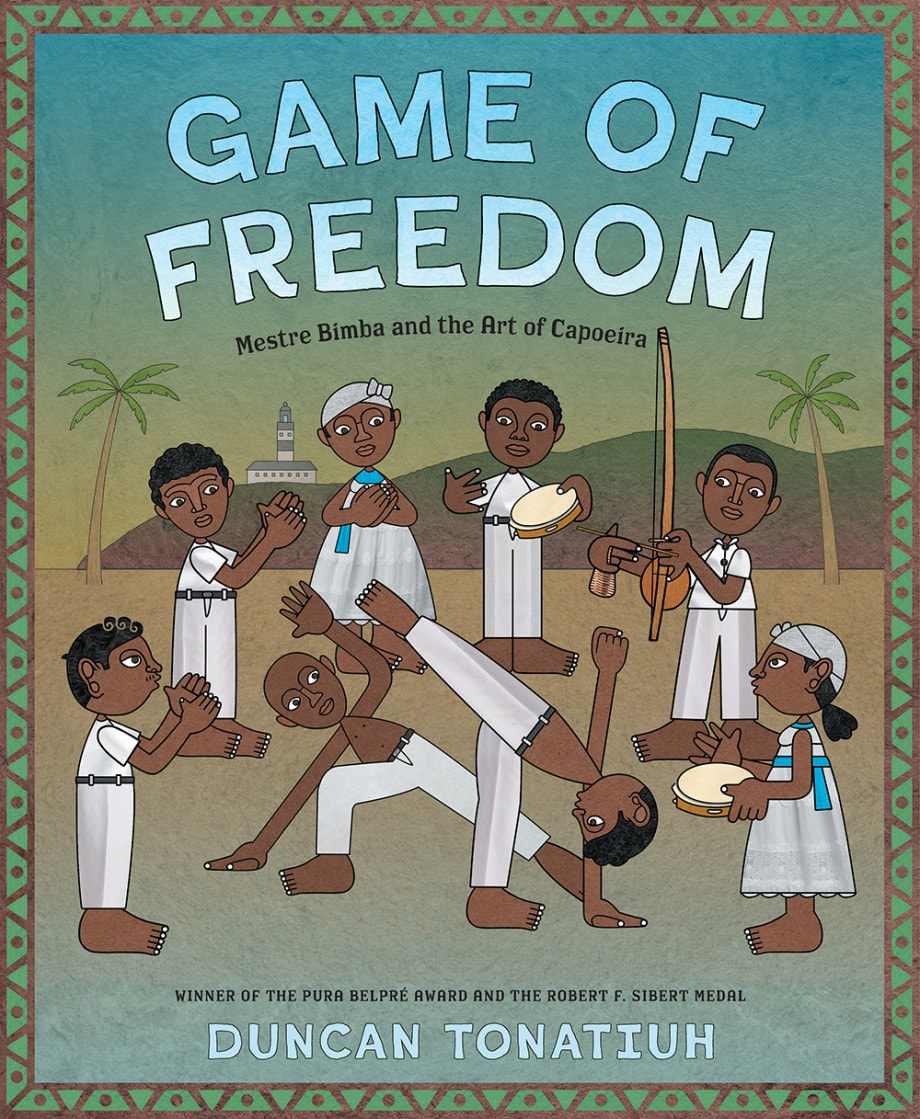
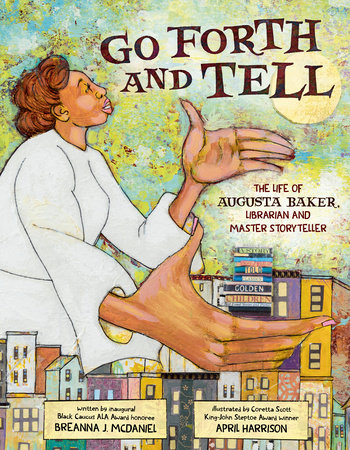
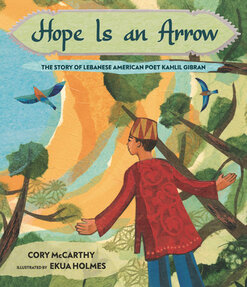
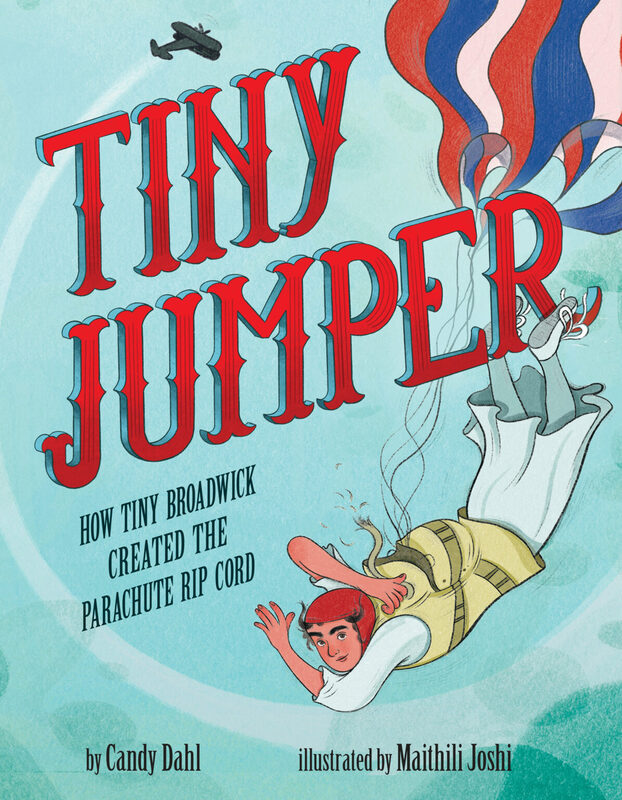
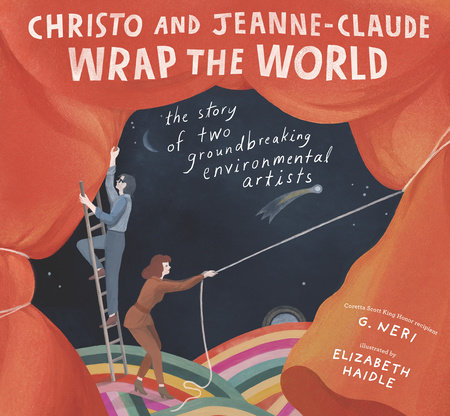

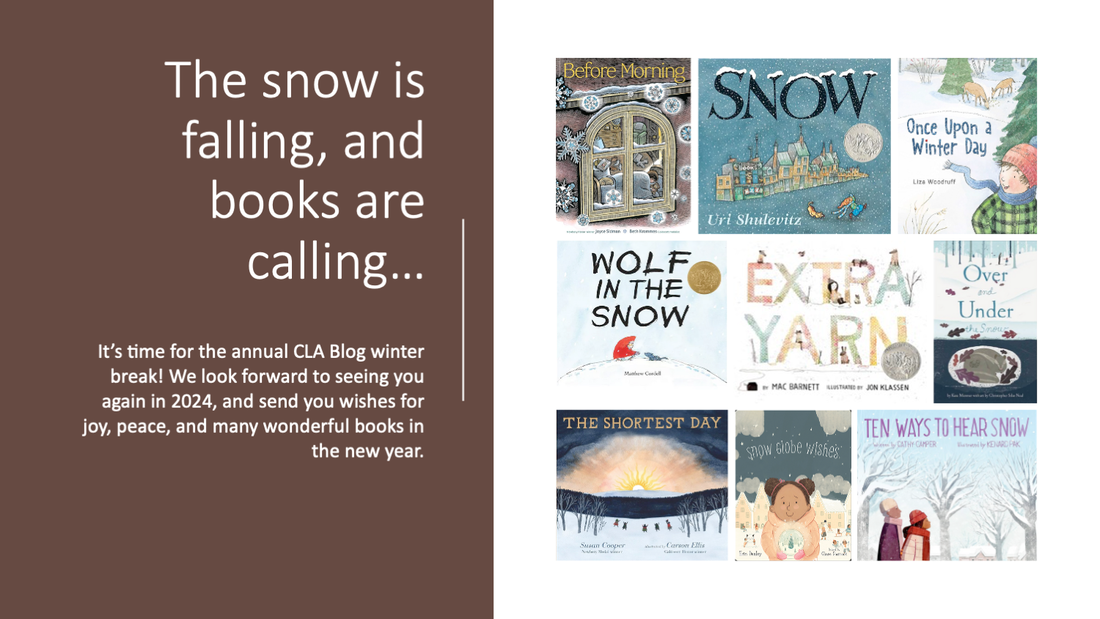
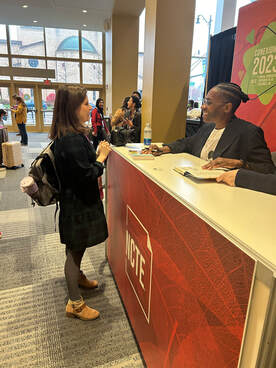
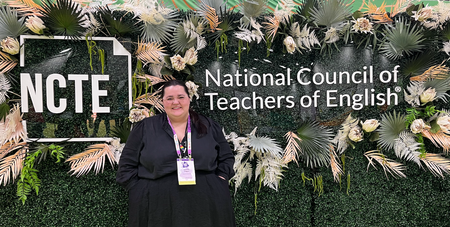
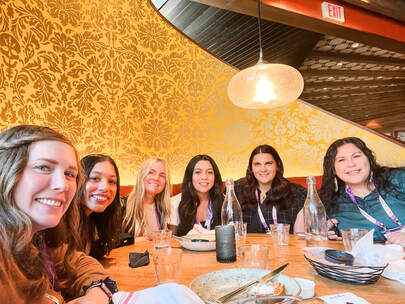
 RSS Feed
RSS Feed